If you’re familiar at all with our approach to supporting infant movement development, you’re likely aware that a main focus of our work is teaching infant touch and handling skills to parents and other caregivers. (If you’re not familiar, read more about our Preparing for Caring project.)
We’d like to share a bit of context and history about our handling suggestions. Where did they come from? The short answer is that we didn’t make them up! There’s history behind them, though we do like to think we’ve honed, curated and elaborated upon them over the years.
The longer story … Read more
* * *


